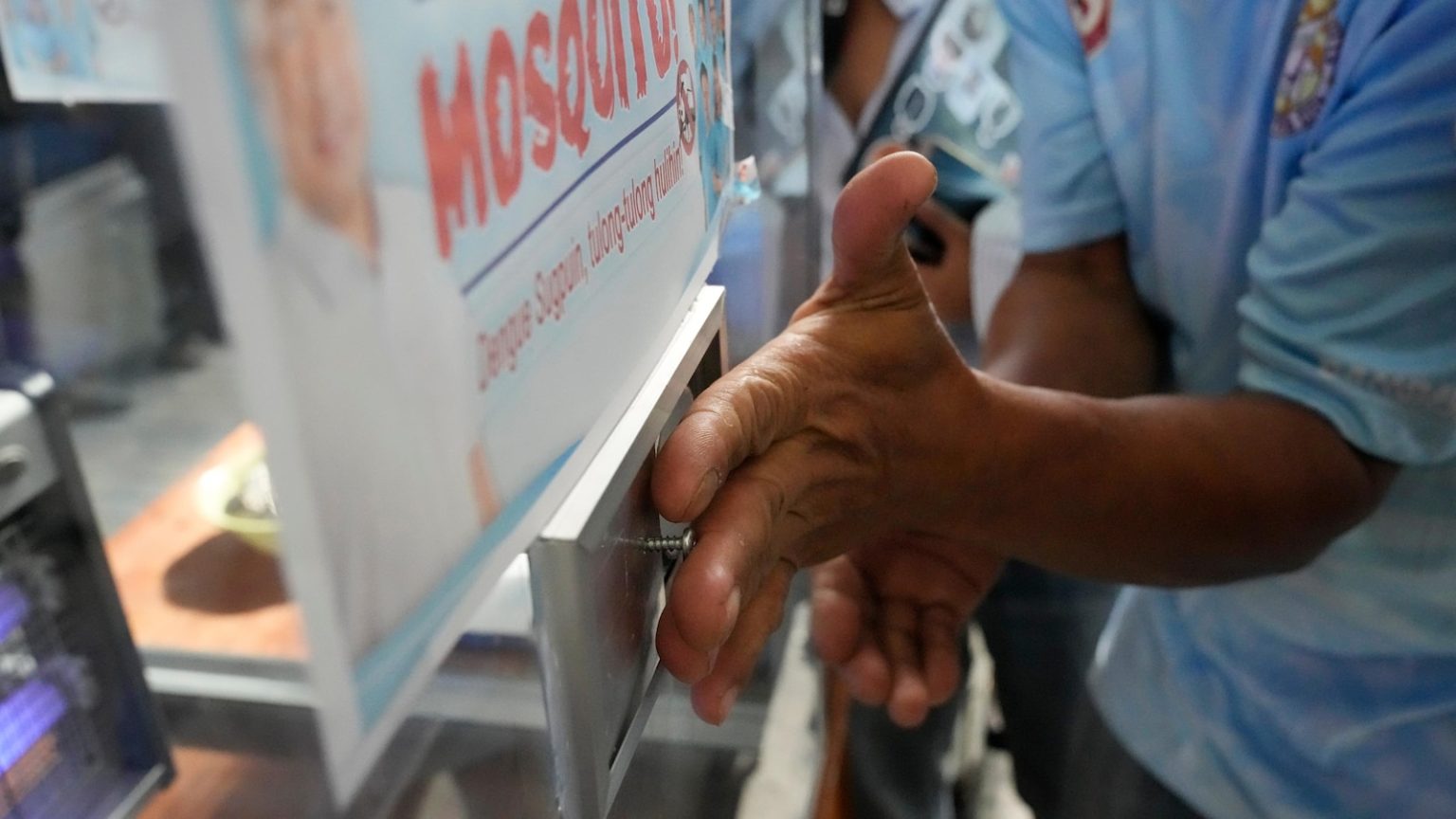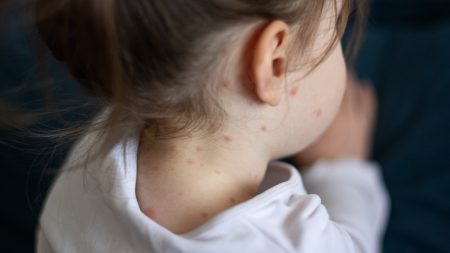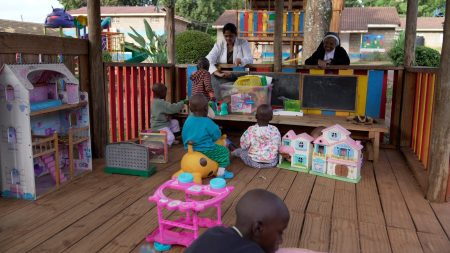A Village’s Innovative Fight Against Dengue: The Mosquito Bounty Initiative
In the heart of the Philippine capital region, a small village named Addition Hills in Mandaluyong City has emerged as the unlikely frontier in the battle against dengue, a mosquito-borne illness that has wreaked havoc across the country. With a population of over 100,000 residents living in cramped neighborhoods and high-rise condominiums, Addition Hills has taken a bold and unconventional approach to tackle the growing menace of dengue. The village has introduced a token bounty system, offering residents a small reward for every mosquito or larva they capture, dead or alive. This initiative reflects the escalating concern over the rapid spread of dengue, not just in Addition Hills but across the Philippines.
The Alarming Rise of Dengue Cases
The decision to launch the bounty program was spurred by the alarming rise in dengue cases in the region. Neighboring Quezon City recently declared a dengue outbreak, reporting 10 deaths and 1,769 infections this year alone. Nationwide, the situation is equally grim, with at least 28,234 cases recorded as of February 1, marking a 40% increase compared to the same period last year. The spike in cases has left health officials and local leaders scrambling for solutions. For Addition Hills, the situation turned critical when 42 cases were reported, including the tragic deaths of two young students. Village leader Carlito Cernal recognized the urgency of the situation and decided to think outside the box. "There was an alarm," he said, "and I found a way."
The Bounty Program: A Unique Strategy
The bounty program is simple yet ambitious. Residents are encouraged to hunt down mosquitoes and their larvae, with a reward of one Philippine peso (approximately 1 cent) for every five mosquitoes or larvae turned in. While the amount may seem modest, it has already begun to mobilize the community. On the first day of the program, about a dozen residents arrived at the village office with containers filled with mosquito larvae. Miguel Labag, a 64-year-old scavenger, was among them. He handed over a jug containing 45 squirming larvae and received nine pesos in return, a small sum that brought a smile to his face. "This is a big help," he said. "I can buy coffee." The initiative has not only provided a sense of purpose but also a modest income for some residents.
However, the program has not been without its critics. Some have raised concerns that desperate individuals might exploit the system by breeding mosquitoes solely for the reward. Cernal, however, remains optimistic. He believes the campaign is unlikely to be abused, as it will be terminated once the number of cases begins to decline. For now, the focus is on reducing the mosquito population and preventing further outbreaks.
The Broader Context: Dengue in the Philippines
Dengue, a viral infection transmitted by the Aedes mosquito, is a major public health concern in the Philippines and other tropical countries worldwide. The illness can cause debilitating symptoms such as joint pain, nausea, vomiting, and rashes, and in severe cases, it can lead to life-threatening complications like hemorrhaging, organ failure, and respiratory distress. While there is no specific cure for dengue, early medical intervention and proper fluid management are critical to reducing mortality rates. Despite the rising number of infections, the Philippines has managed to keep its dengue-related death toll relatively low, thanks to improved healthcare efforts.
Community-Led Solutions and Government Support
The mosquito bounty program in Addition Hills is part of a larger effort to combat dengue through community-led initiatives. Health officials emphasize the importance of eliminating mosquito breeding sites, which are often found in stagnant water collected in containers, gutters, and other areas. Residents are urged to clean their surroundings, unclog drains, and participate in hygiene campaigns. In another village in Quezon City, officials are even considering the unconventional approach of releasing frogs to eat mosquitoes.
Meanwhile, the Philippine Health Department has called for increased vigilance and immediate medical attention for anyone exhibiting symptoms of dengue. Health Secretary Teodoro Herbosa underscored the need for collective action, stressing that controlling the spread of dengue requires not only government intervention but also active participation from the community. The recent surge in cases, particularly ahead of the rainy season, has been linked to intermittent downpours that create ideal breeding conditions for mosquitoes. Climate change, with its unpredictable weather patterns, is believed to be a contributing factor.
A Call to Action: Sustaining the Fight Against Dengue
The bounty program in Addition Hills is more than just a creative solution to a pressing problem; it represents the resilience and resourcefulness of a community determined to protect its members. While the initiative has shown early promise, its success will depend on sustained efforts and broader support. As the rainy season approaches, bringing with it the heightened risk of dengue outbreaks, the Philippines must continue to innovate and collaborate to curb the spread of this deadly illness. For Miguel Labag and the residents of Addition Hills, the fight against dengue is personal—and every mosquito captured is a step closer to a safer, healthier future.















